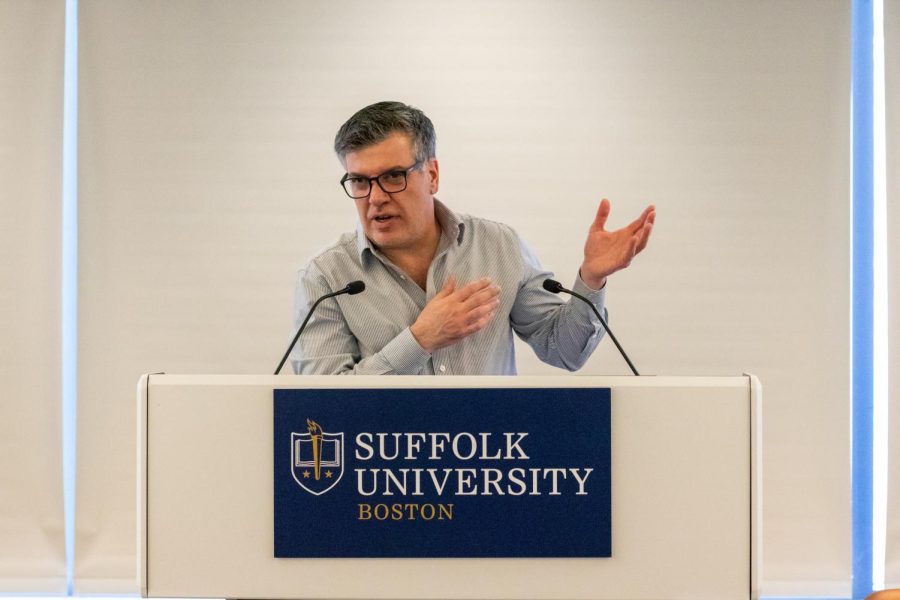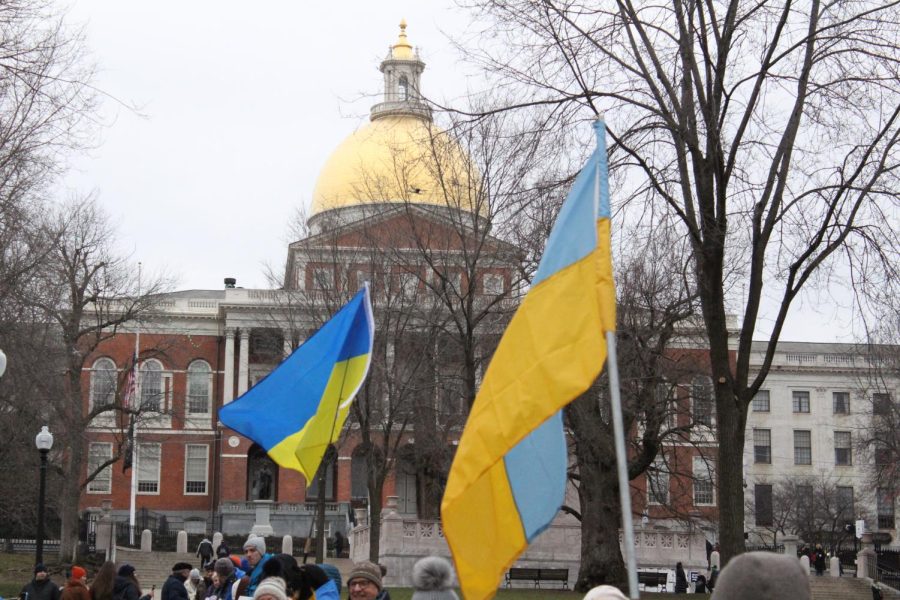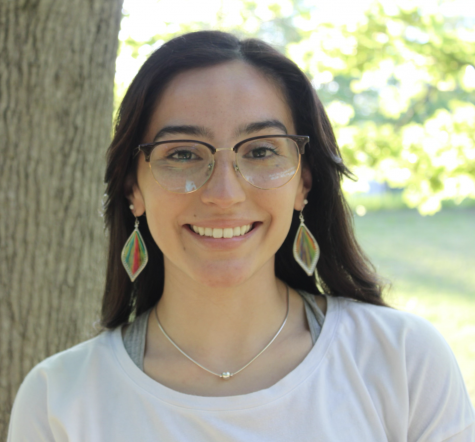Bees have been threatened by global warming for some time now, but researchers have recently found that the number of North American Bumblebees has dropped by 50% within the last century, according to the Washington Post. This wildlife loss has been known as “Climate Chaos.”
This drop has been prevalent across the globe. Since bees serve as key pollinators of plants, vegetables and fruits, their drifting numbers disturb the biodiversity in that area.
Pesticide use and habitat loss continue to contribute to this loss of life. A 2017 study done by the Center for Biological Diversity, found that after looking at more than 1,400 bee species, more than half of them are at nearly a quarter risk of extinction.
The New York Times reports that the biggest declines have occured in areas where temperature rises were the highest in historical range, serving as an indicator of climate change. Since the hair on a bee’s body allows it to heat up internally, warm weather puts them at risk.
Areas of Mexico and Spain have witnessed more intensive declines due to substantially warmer weather. Cooler areas in northern regions have increased, but they have yet to make up for the loss that has occured in southern territories, according to the Washington Post.
Since 2006, approximately 10 million beehives ($2 million) have been lost, according to Green and Glowing. Normally, beekeepers are used to losing 5-10% of their bees annually, but in the last ten years or so, those numbers have spiked to 30%.
Various species have been able to adapt to the changing climate, but many others have not. According to Time, the butterfly is an insect that has learned to adjust to the sudden warmth by flying to Earth’s poles. Although bees have the same ability they struggle with this solution because of their difficulty establishing homes in new locations.











